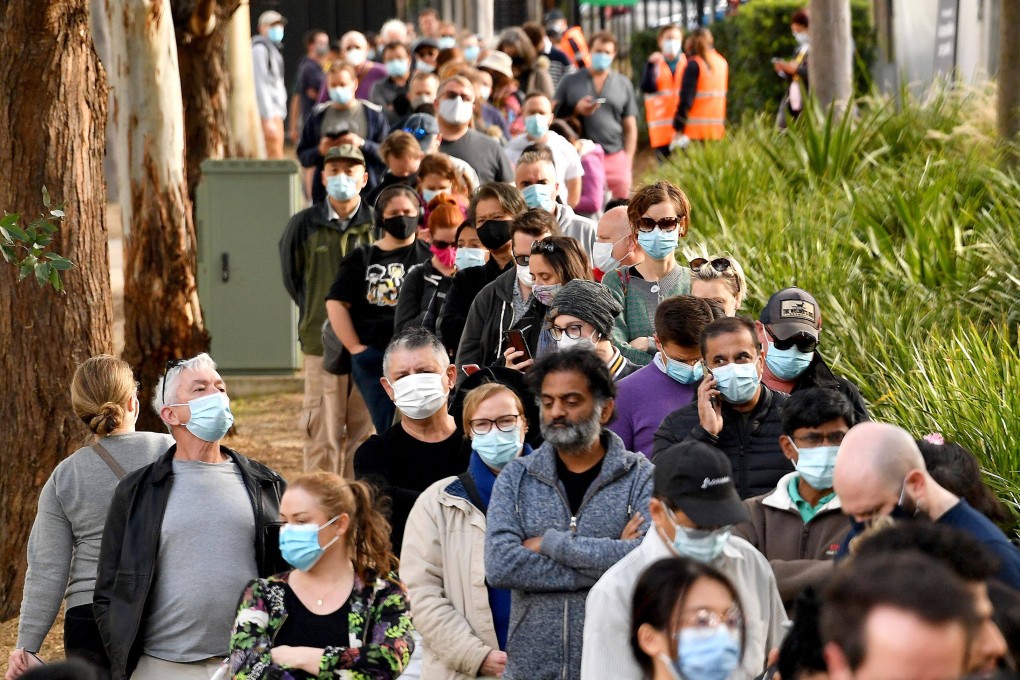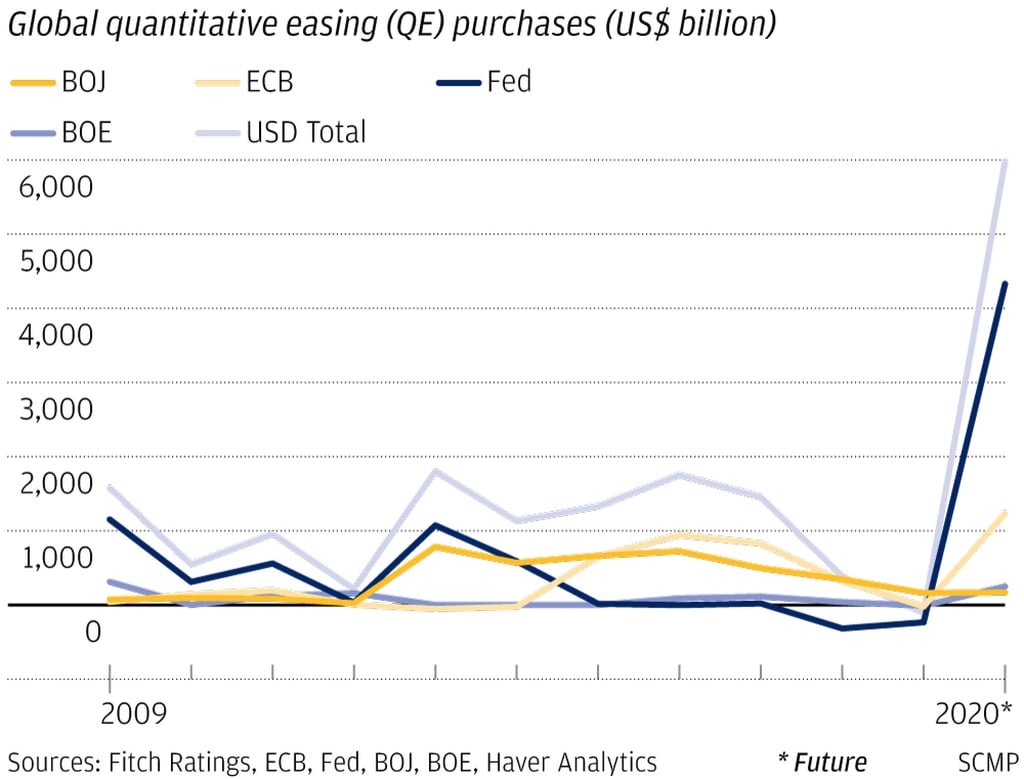Macroscope | Markets show a worrying lack of concern over Delta variant and other risks to growth
- It is increasingly apparent that most investors are no longer concerned about threats to the global economy and markets
- They seem just as indifferent to virus-induced threats to growth as they are about growth-induced threats to financial stability

As the second half of the year gets under way, sentiment in financial markets remains resolutely bullish. The benchmark S&P 500 equity index gained 14.4 per cent in the first half of this year, its second-best performance since 1998, according to data from Bloomberg.
Global stocks, meanwhile, stand at a record high. Spreads on junk-rated corporate bonds in the United States have fallen to their lowest level since before the 2008 financial crisis.
Yet, the statistics do not tell the whole story. In the past few months, it has become increasingly apparent that most investors have stopped worrying about threats to the global economy and markets.

To be sure, the remarkable progress in deploying vaccines in advanced economies has been a major factor pushing markets higher.
